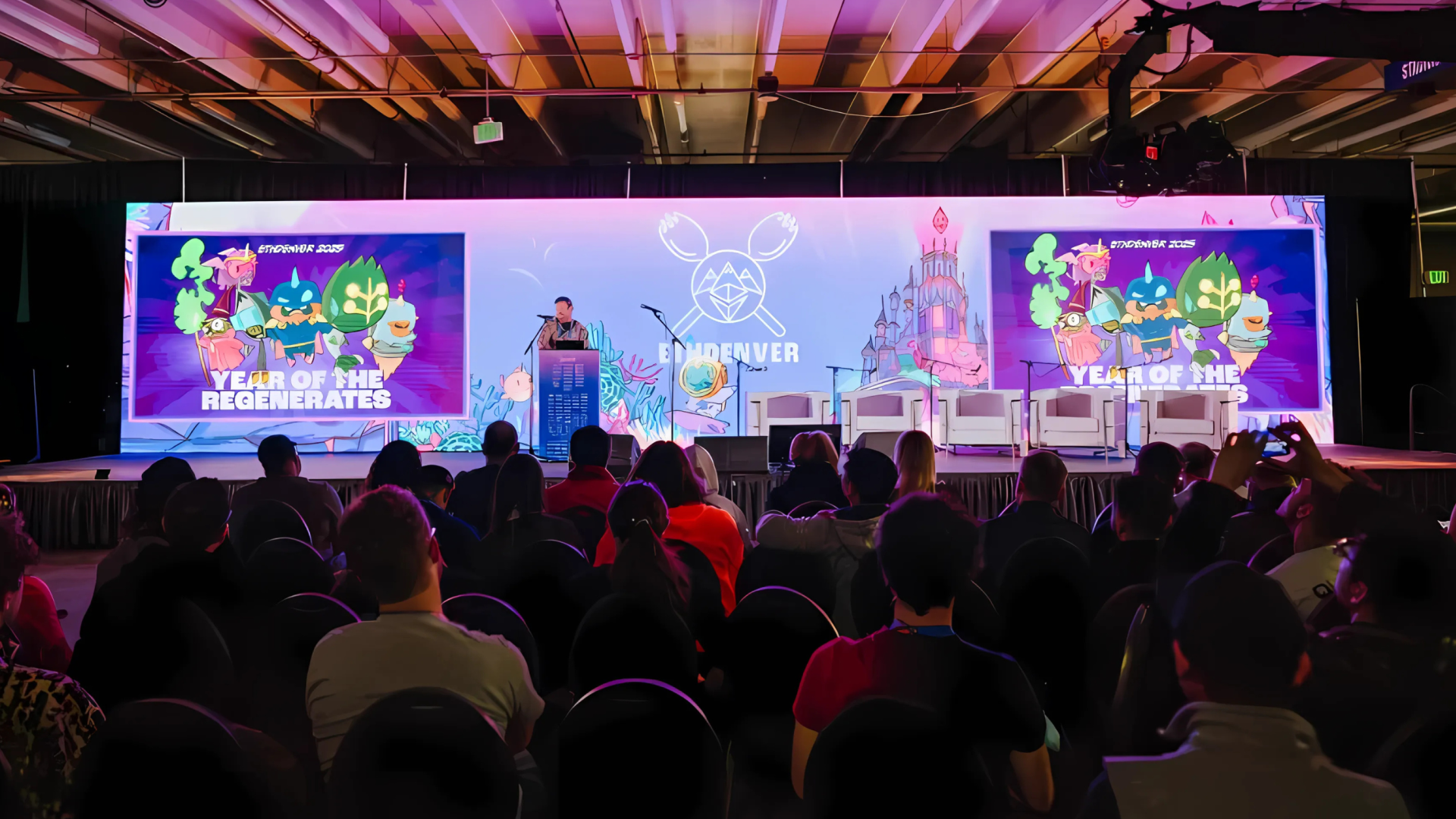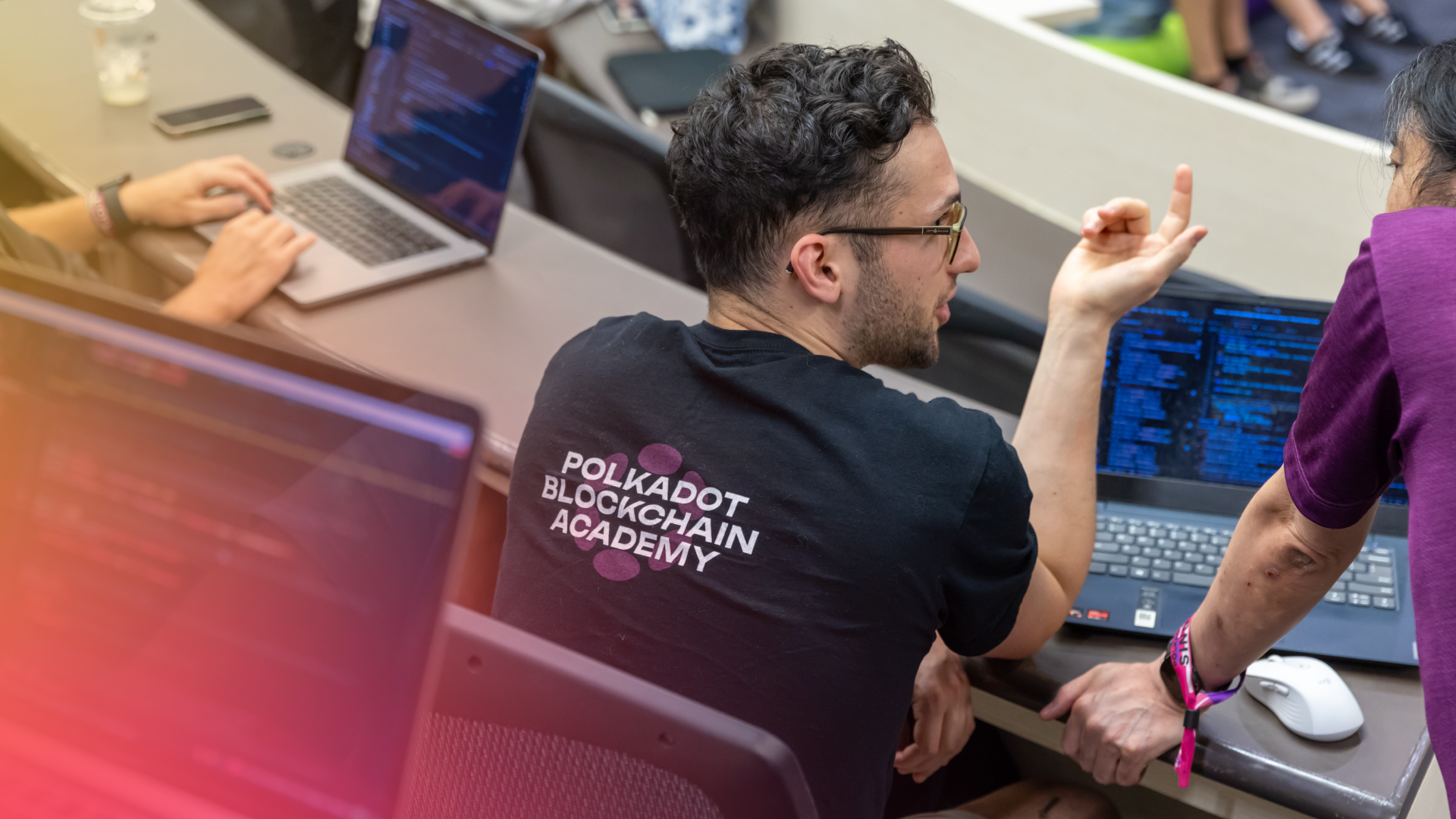Uplifting new voices and validators: Polkadot's path to sustainable decentralization
Decentralized Nodes and Decentralized Voices programs by the Web3 Foundation offer pathways for validators and governance participants to gain influence based on merit, helping to build a fairer, more resilient Polkadot ecosystem that aligns with the core principles of web3.

Decentralization in blockchain represents a shift in how ecosystems distribute power and make decisions. But achieving true decentralization is an intricate process that requires addressing technical and social complexities. On the blockchain infrastructure side, forces like efficiency, convenience, and network effects often pull systems toward centralization, concentrating validation power among a few dominant staking providers. At the same time, human coordination faces its own set of challenges. Governance processes intended to democratize decision-making can become skewed when well-resourced participants dominate discussions and outcomes, sidelining diverse voices and limiting broader participation.
For new participants, these intertwined dynamics create significant barriers to entry. Steep learning curves, minimum stake requirements, and the difficulty of building community trust in an increasingly saturated space can make participation daunting, if not prohibitive. These hurdles highlight the gap between blockchain's decentralized vision and its current reality. Closing this gap means finding ways to make participation easier and more inclusive, while preserving the distributed technical foundation that makes blockchain secure and reliable.
A cohort of decentralized changemakers
The Web3 Foundation’s (W3F) initiatives, the Decentralized Nodes and Decentralized Voices programs, are designed to counterbalance these centralizing forces, providing the support needed to uplift a diverse and decentralized community. Through these programs, W3F works to ensure that contributors gain influence based on merit rather than existing resources, helping to create a fairer, more resilient network.
Decentralized Nodes
The Web3 Foundation recently introduced the Decentralized Nodes program, a dedicated initiative to support validators and bolster decentralization, security, and operational efficiency within the Polkadot ecosystem. Recognizing that technical excellence alone isn’t always enough in a model driven by Nominated Proof of Stake (NPoS), Decentralized Nodes ensure that deserving validators have a pathway to visibility and community backing. The program supports new validators by nominating technically proficient validators who respond swiftly to network challenges and actively participate in governance, ensuring that capable operators aren’t overlooked due to a lack of initial resources.
Starting November 2024, selected validators will receive Web3 Foundation nominations for a four-month period, giving them a pathway into the active set to contribute directly to network security. To avoid excessive power concentration within the validation set, each participant within the program is limited to two nodes. By empowering qualified validators, the program strengthens Polkadot’s security and operational resilience, evident in its impressive Nakamoto Coefficient of 136. This high coefficient underscores Polkadot’s robust defense against centralization and censorship, placing it among the most resilient networks in web3.
Decentralized Voices
Now, in its third cohort, the Decentralized Voices program supports community representatives actively participating in Polkadot and Kusama governance. Decentralized Voices combats the centralization of governance influence by strategically delegating voting power—42 million DOT and 180,000 KSM—across a diverse group of collective entities rather than individuals. This delegation structure requires transparent governance practices and mandates active ecosystem engagement, ensuring each participant brings meaningful contributions to the table. Decentralized Voices representatives highlight and amplify diverse voices within the governance process, avoiding defaulting to the loudest or most well-resourced participants. With a four-month delegation term and vested compensation over a year, the program aligns incentives for long-term, quality participation.
Engineering sustainable decentralization

Both programs reflect W3F’s commitment to a sustained, balanced approach to maintaining equilibrium within the Polkadot ecosystem. These programs act as countermeasures against the tendency toward centralization, reinforcing decentralization as a deliberate, ongoing effort rather than a one-time achievement. Each new cohort represents a broader, more resilient Polkadot, where decentralization is an active commitment nurtured by those who believe in building a distributed, user-owned web. By directly supporting validators, governance participants, and community advocates, Polkadot and W3F set the standard for what decentralized networks can and should achieve.












